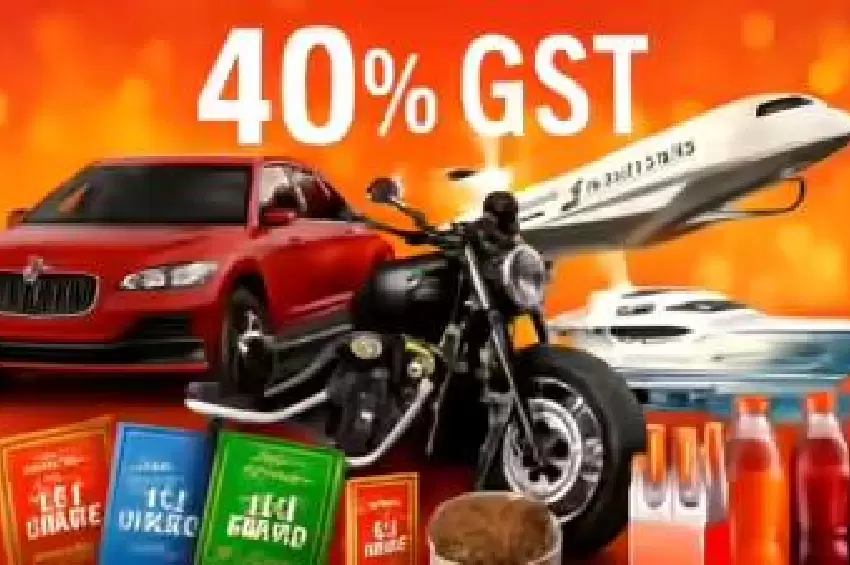Ethanol-Blended Petrol Sparks Nationwide Concerns
The introduction of 20% ethanol-blended petrol (E20) across the nation has raised significant concerns among vehicle owners. Reports of decreased fuel efficiency, sluggish performance, and increased maintenance costs have surfaced, highlighting the challenges of transitioning to greener fuel alternatives.

Consumer Experiences Highlight Transition Challenges
Rahul Vaidya, owner of a 2019 Volkswagen Vento, noticed his car's mileage plummet from 11–12 kmpl to 7–8 kmpl after switching to E20. "The ride felt heavier, and the response wasn’t as crisp," he shared. Similar stories from other drivers, like Mahesh Nair with his 2021 Suzuki Brezza, echo the need for vehicle compatibility checks and potential part replacements.
Industry and Government Responses
While industry estimates suggest a 7% drop in fuel efficiency for non-E20 compliant vehicles, official studies peg the decrease at 1–6%. The government's push for ethanol blending aims to reduce crude oil imports and cut CO₂ emissions, but the abrupt transition has left many consumers unprepared and facing higher costs.
Policy Push vs. Consumer Awareness GapThe lack of consumer awareness about E20 compatibility and the potential need for vehicle modifications has sparked calls for better communication from automakers and clearer guidelines from policymakers.









Comments